“Island of Paradise” Ari Bayuaji Solo Exhibition
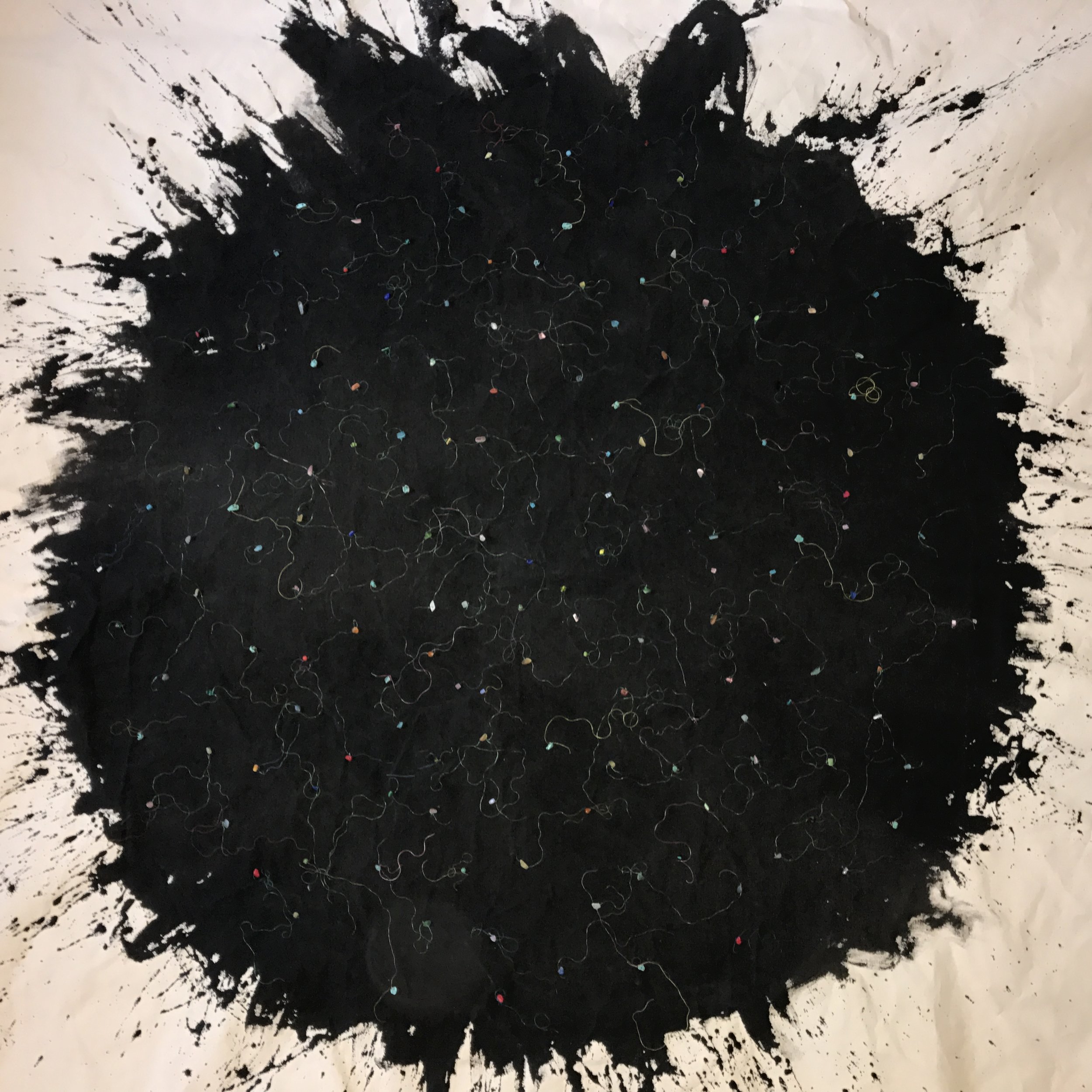
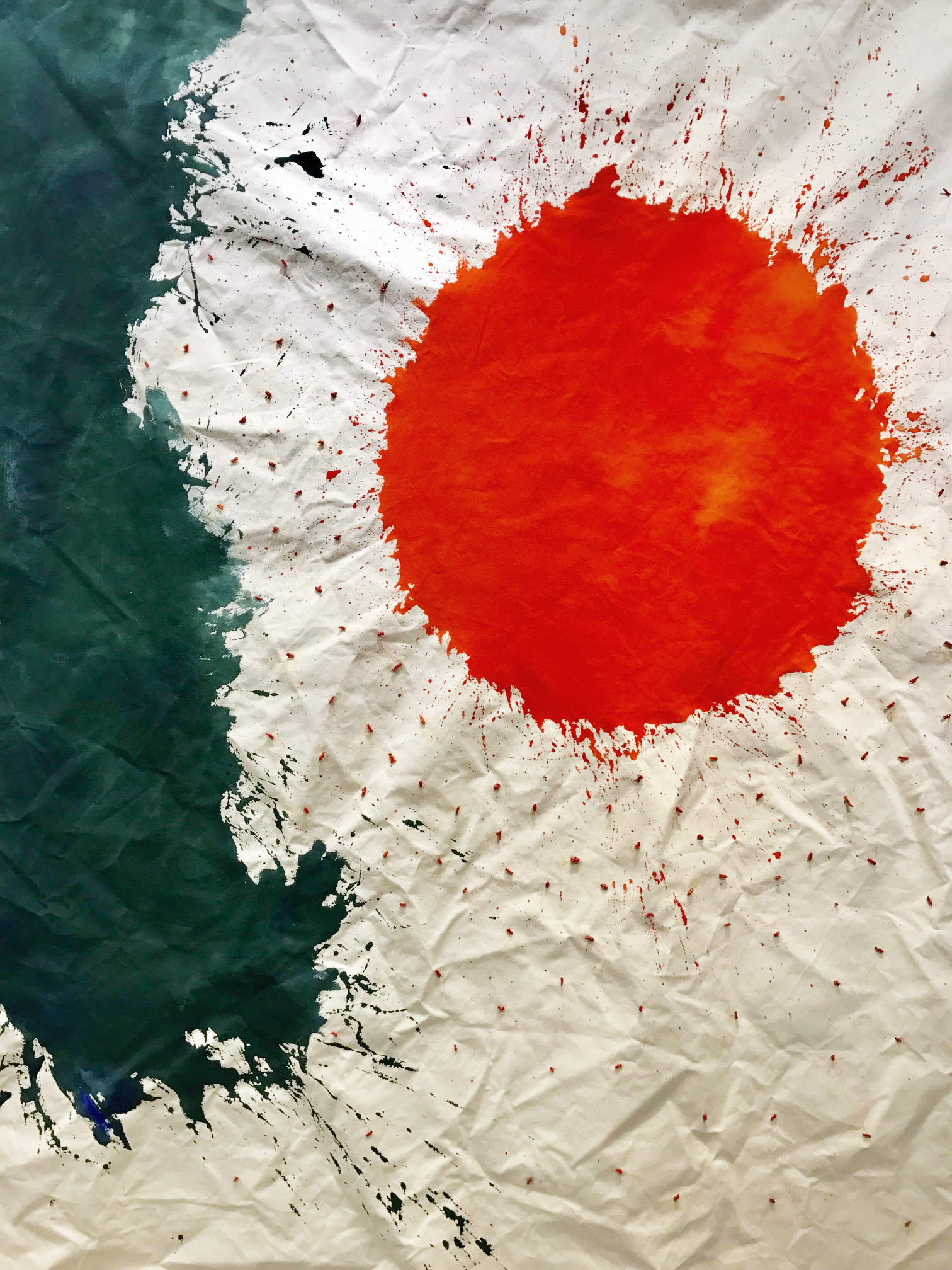
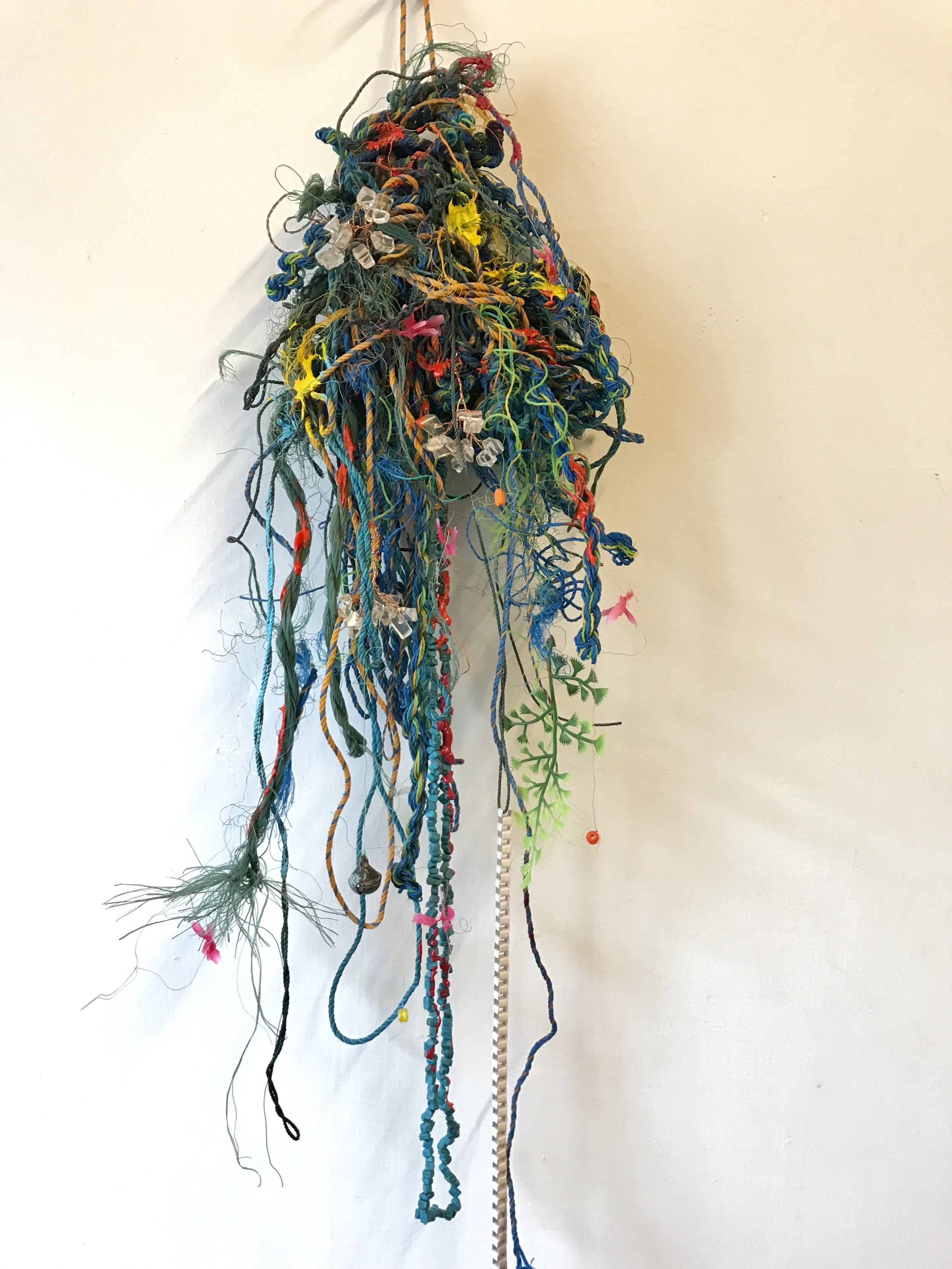
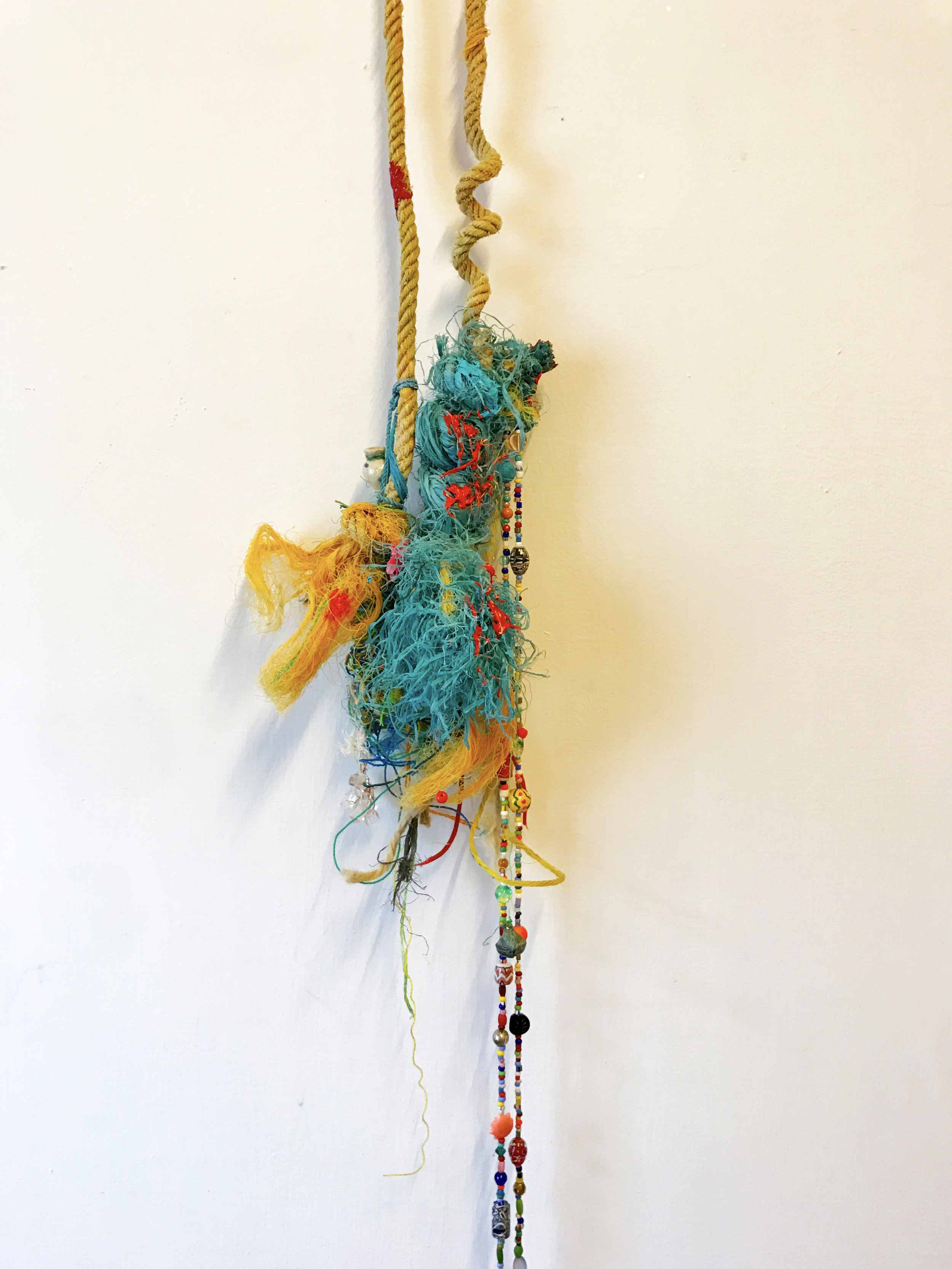

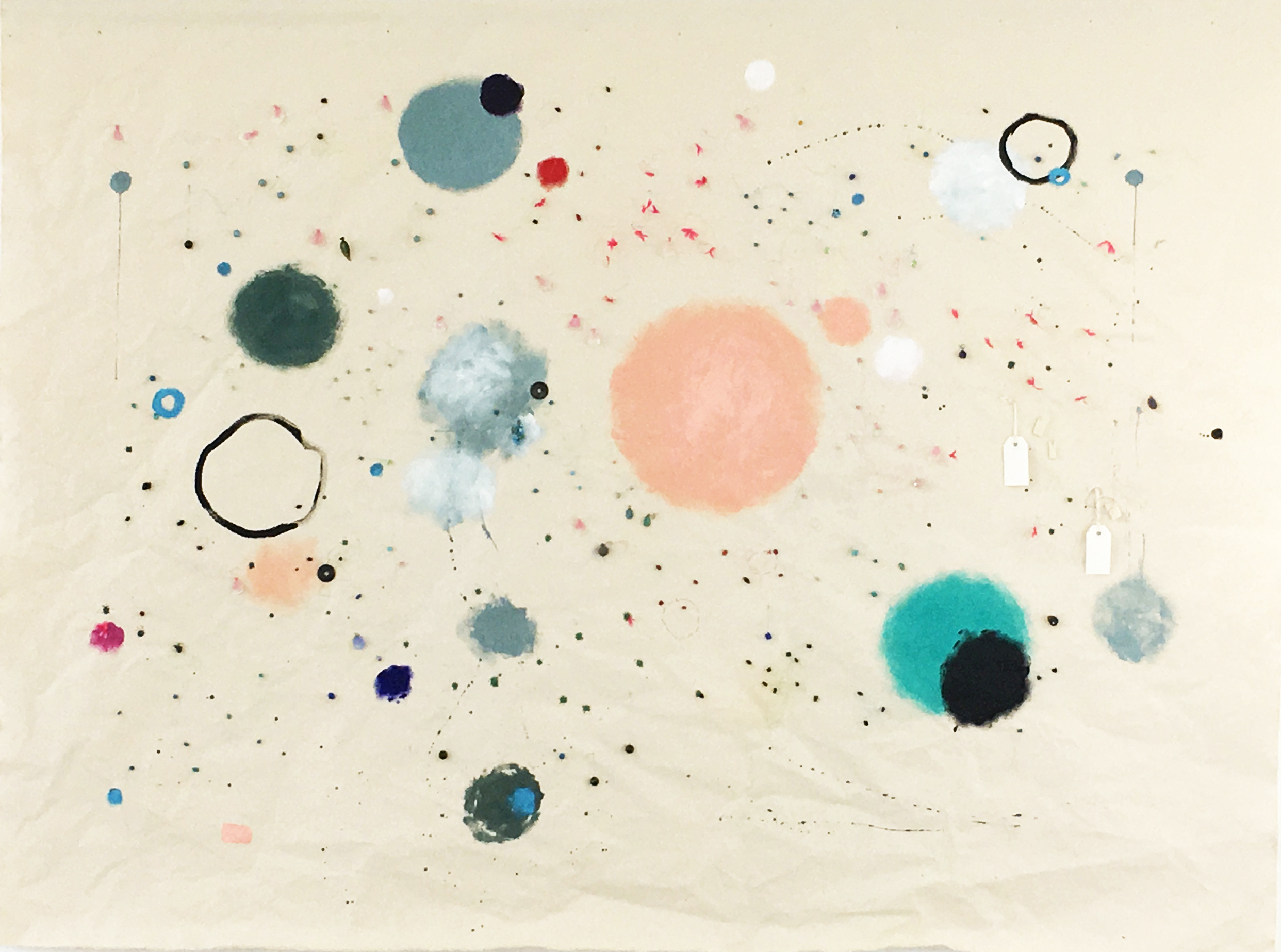

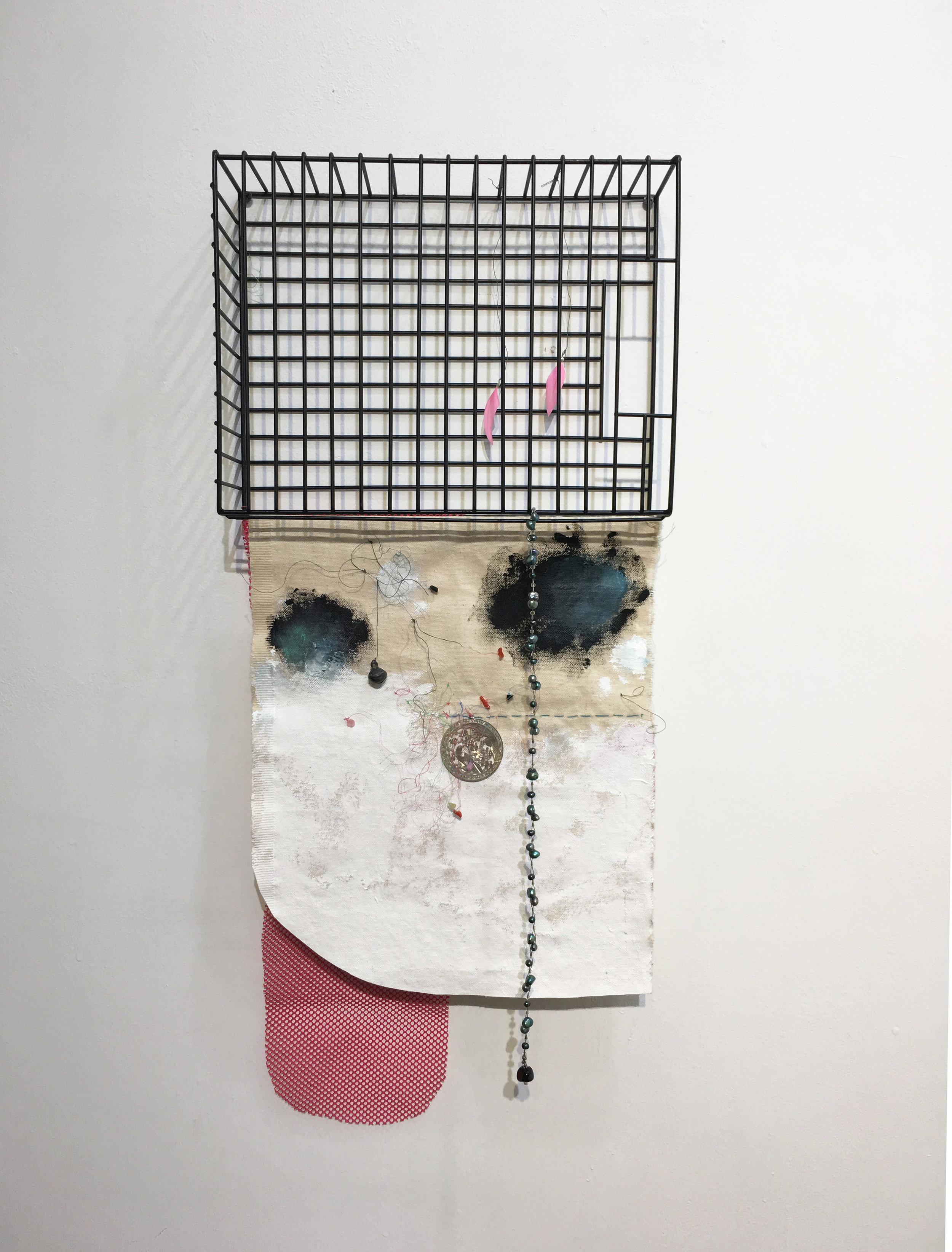
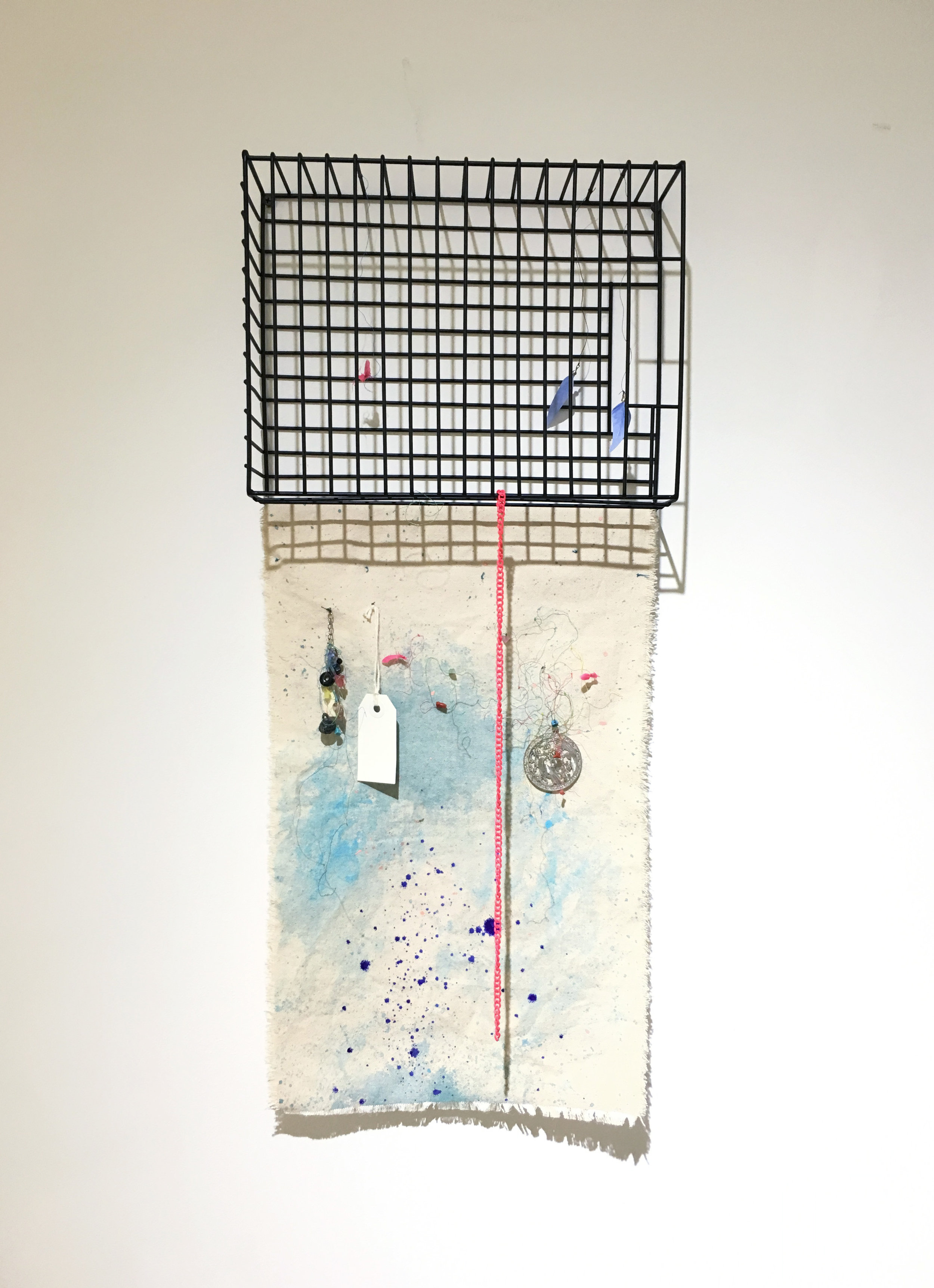
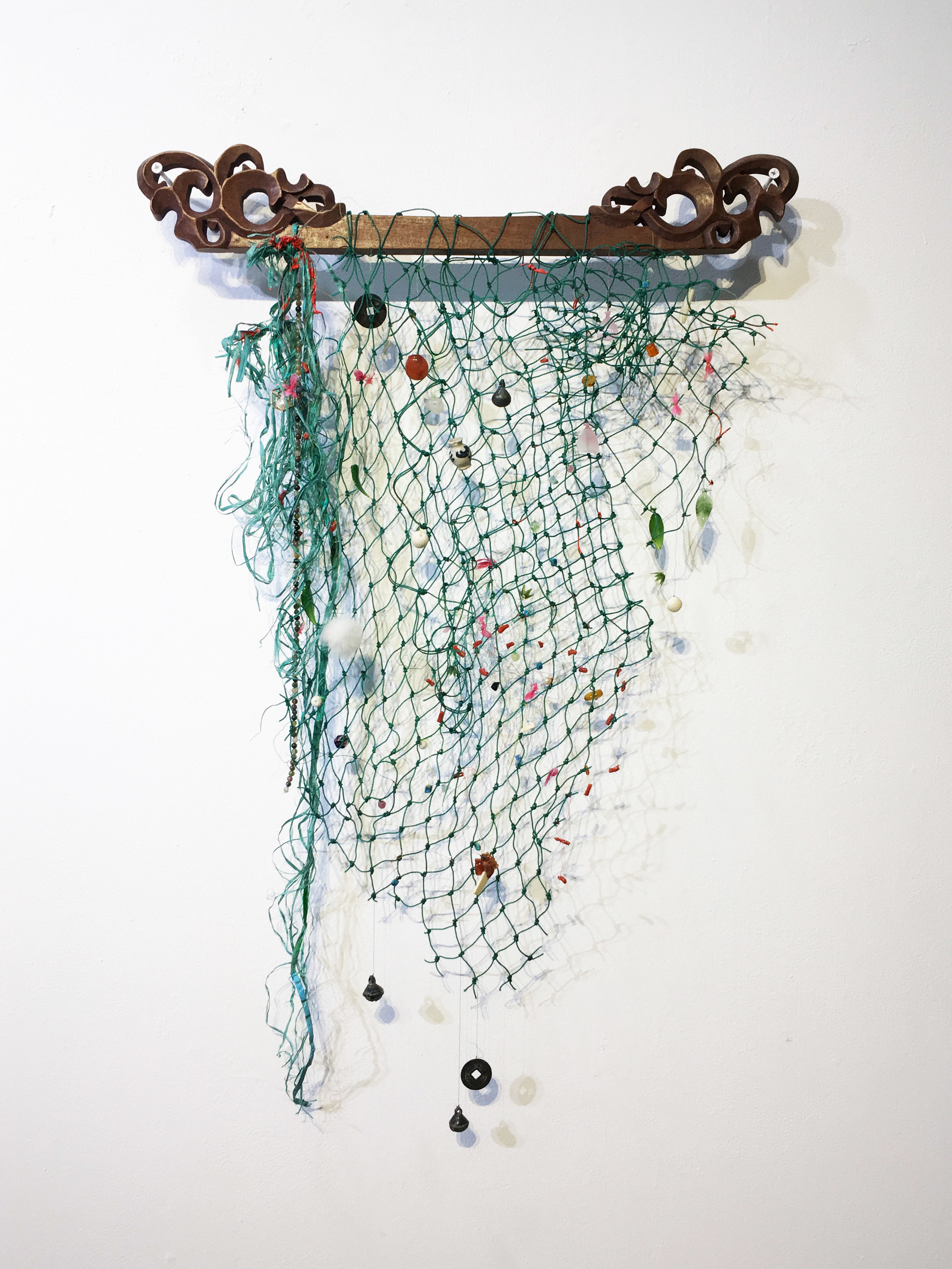

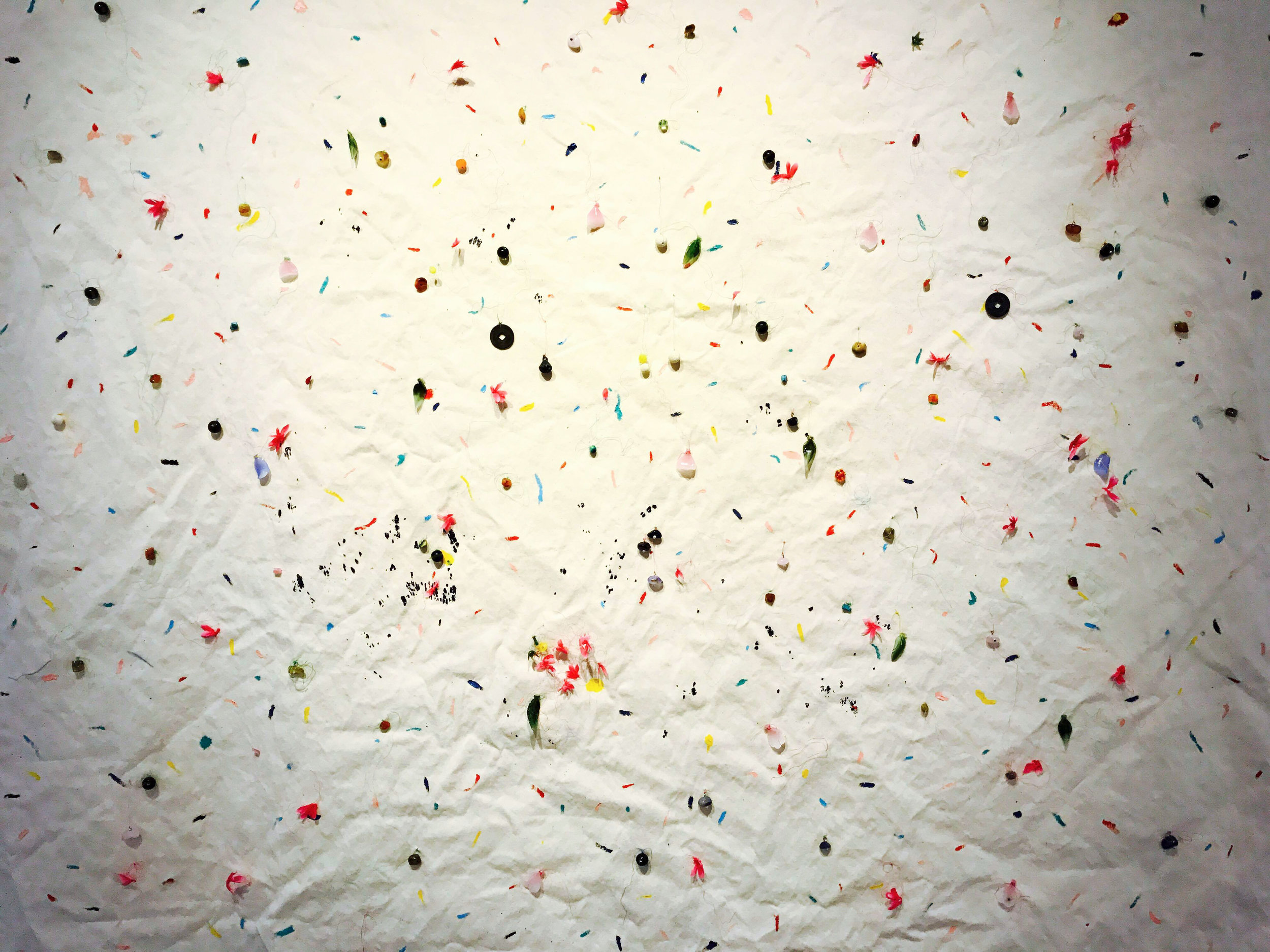
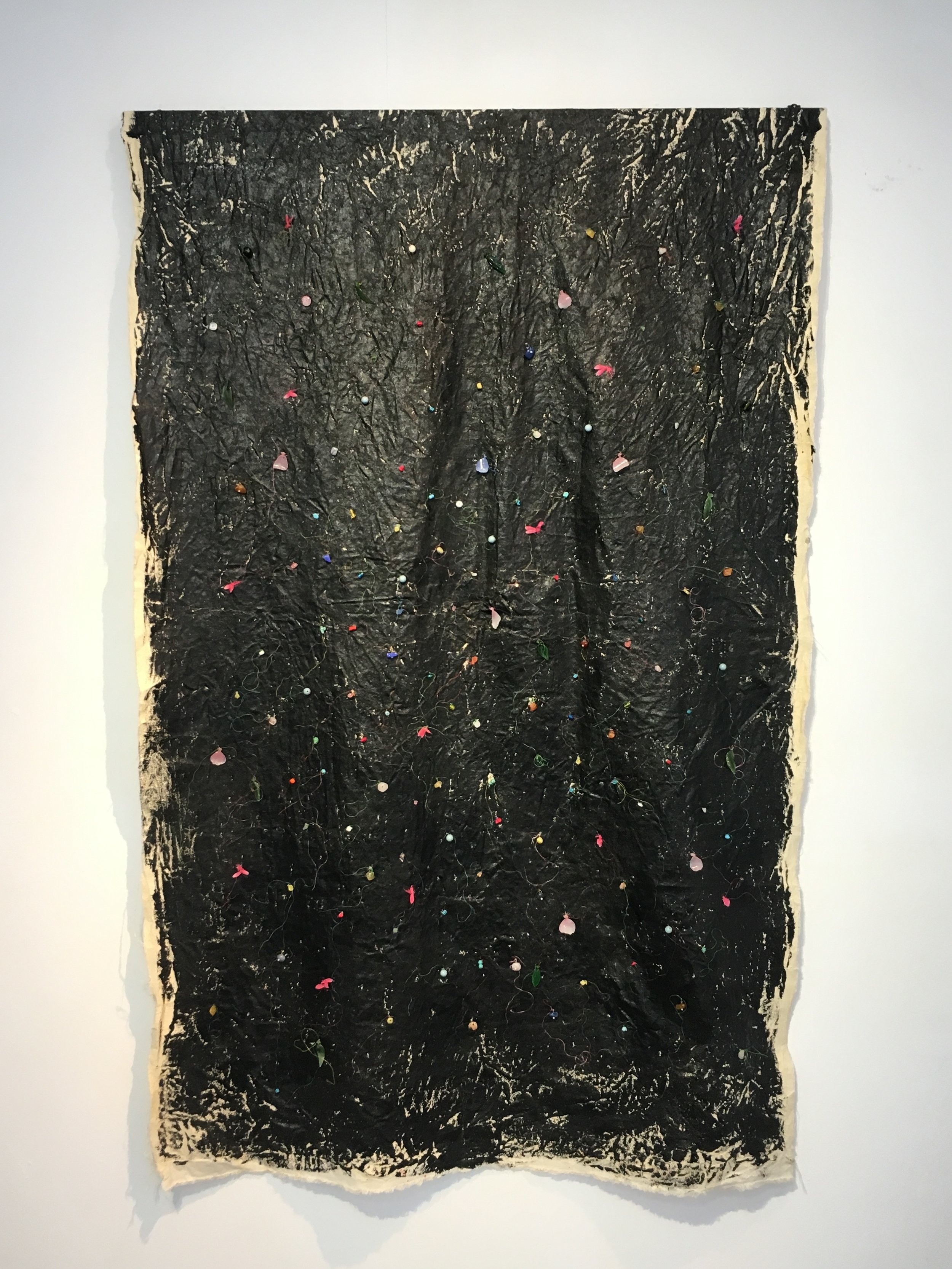

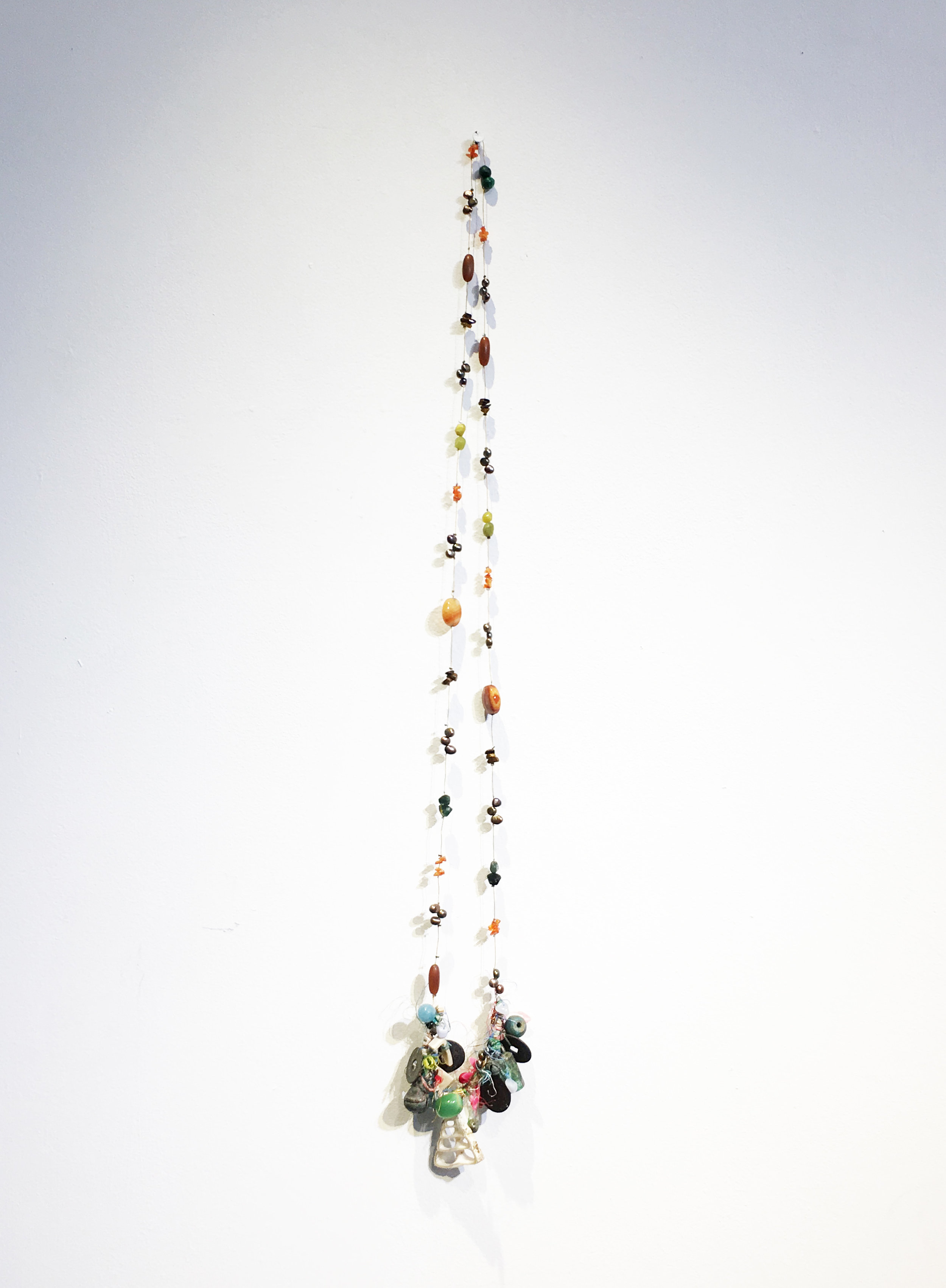
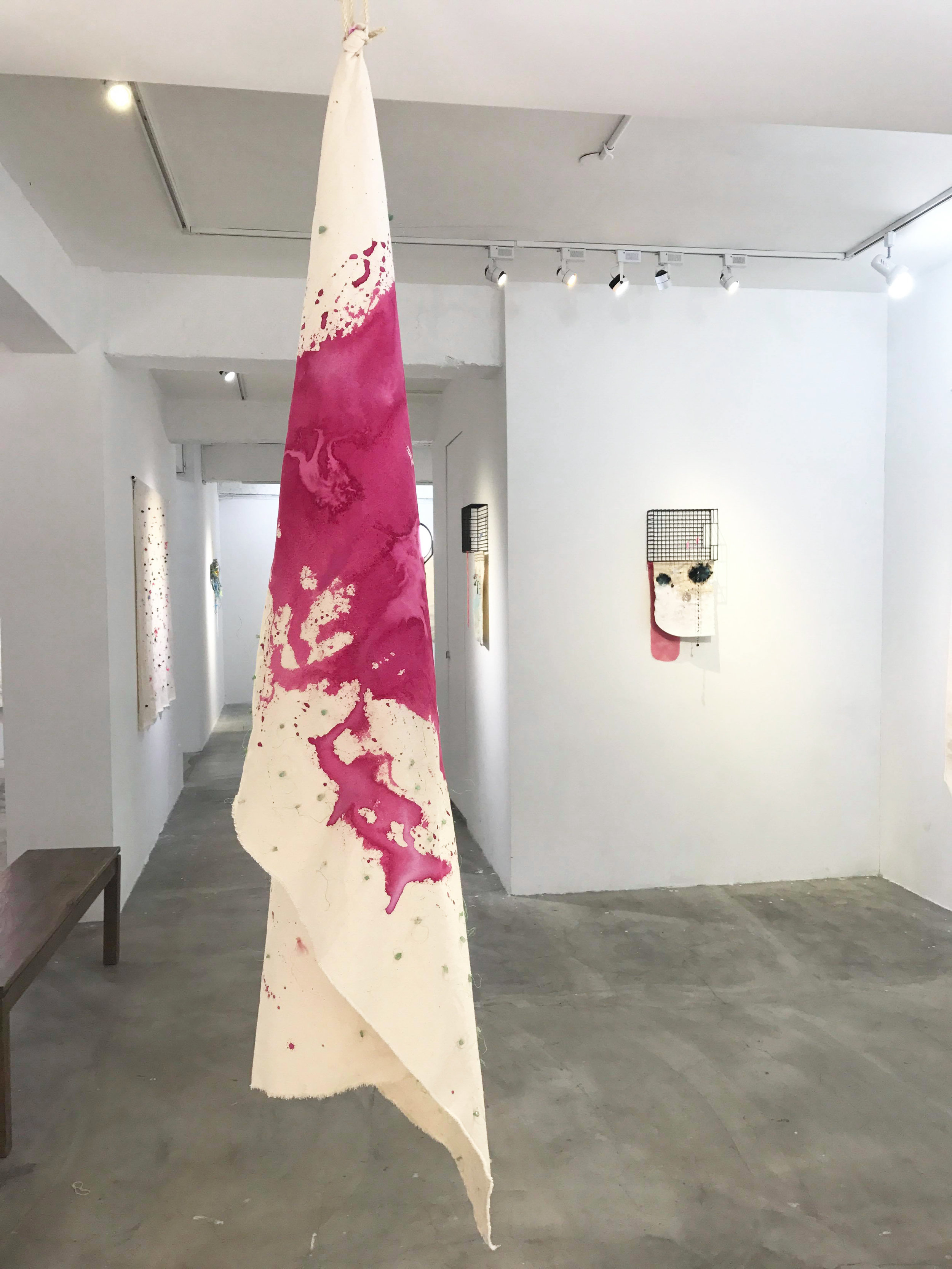
Exhibition
Born in Indonesia, artist Ari Bayuaji currently works and lives in Montreal, Canada. Having a rich life experience of studying and traveling abroad has revealed a cross-cultural artistic expression from his works of creation. From ARTJOG, Kunsthal Rotterdam, to Montreal Museum of Art, Ari Bayuaji was invited to participate in multiple residency programs and to present solo shows in renown international institutions around the world. Holding a passion for natural elements, Bayuaji has been collecting various natural materials and cultural products for inspirations while visiting these places. He analyzed these natural-made and synthetic materials with his keen interpretation of cultures, pondering over the changes of different epochs as well as the coexistence of men and Nature. Having been invited to his residency here in Taiwan by Nunu Fine Art, Bayuaji has combined his discoveries about this nation with the mixed elements he collected long ago. After his one-month residency, his first solo exhibition in Taiwan, “Island of Paradise” shall be open on the 1st of July at Nunu Fine Art.
Deconstructing the Circle of Value within Natural Elements
Facing such various materials, Bayuaji imagined how in olden days it must be easier and cheaper to find natural elements such as stones, jades, corals, pearls, and bones. Unfortunately, it is not the case anymore. The same materials found nowadays could be rare and overly expensive. Meanwhile, designed objects made of natural materials used to be treasured and most of the time kept as family heirlooms, yet, in our modern society full of artificial matters, objects are easily replaced and discarded due to mass productions and rapid consumptions. After experiencing different cultures, the artist also realized that even the most ordinary object can be highly valued base on their “exotic” identity once brought to another culture. In his latest series, Bayuaji has included some “foreign” objects found in Indonesia, additional to his media of natural elements and synthetic plastics. Those foreign objects were mostly found on seashores, on riverbanks, or even in people’s farms and then passed on the next generation as “lucky charms.” Ironically, in our current society, people can purchase a lucky charm whenever they want. If they happen to live in Taipei, they can easily buy one in the
“Weekend Jade Market” at the heart of Taipei City. Holding on to such cheap treasures produced after commercial needs, perhaps these people will throw their lucky charms away once they need a better luck! Hence, remaining the neutral quality of objects and then observes how their value evolve along with their holders and environments has become the concept of Bayuaji’s practice. He takes the deconstruction and reconstruction of materials as his main approach in his creative process, and recreates his found and readymade objects with pieces of discarded commercial products. He even incorporated several small pieces of bronze which he inherited from his great grandfather into his new works to demonstrate a shift of value between neutral materials and precious gifts.
Reconstructing the Fragmented Memories In between Foreign Cultures
“Island of Paradise” presents the latest works of Ari Bayuaji made during his residency in Taiwan. Based on several semifinished works comprised of multiple materials gathered from around the world, Bayuaji has spent a month visiting places in Taiwan looking for inspirations, working on combining his new local collections with his previous works and turning them into a series of delicate sculptural works that manifest a contemporary cross-culture trial. During his stay, he was most fascinated and impressed by how the National Palace Museum is like a great cabinet with all the antique jewelry, religious objects, scroll paintings and calligraphy showing how Nature has always been a great resource of art.
Other exotic sceneries in the city and events such as Chinese Opera have also brought him great inspirations. When new culture is introduced and objects are meant to be transformed, he sees the big window of the use of stones, jades, and corals. It is his belief that, in an ever-changing world, challenging assumptions in art is crucial. Living in this era of rampant Commercialism, the artist wishes to merge discarded designed objects with his paintings and sculptural works. Together, they shall create romantic objects of a universal value that belongs to the next generation.
Artist

